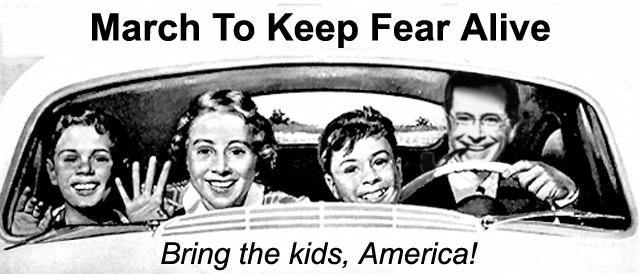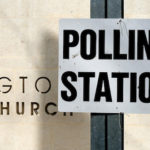We run our website the way we wished the whole internet worked: we provide high quality original content with no ads. We are funded solely by your direct support. Please consider supporting this project.

You Have What We Call a Theological Problem
Peter Enns posted a blog entitled: Dear Christian: If the Thought of Either Romney or Obama Getting Elected Makes You Fearful, Angry, or Depressed, You Have What we Call a Theological Problem. He makes some pretty good points. What do your emotions around this election tell you about where your hope lies?
From the blog:
There is a huge difference between saying, “That person would make a horrible president for the following reasons,” and “If he is elected, I just don’t know what I will do, where I will go–how we can carry on.”
The Christian never says the latter, because, regardless of where things play out politically, we know that no political system can actually deliver the goods, try as they might.
This is what the first Christians were taught about the Roman Empire, which promised its citizens peace, grace, justice, protection from enemies–all of which was called “salvation” (that’s the word that was used at the time). The Gospel offered an “alternate eschatology,” where the goods were delivered, not though the power of the state but through suffering and enthronement of King Jesus.
Image by monkey_bob99x. Sourced via Flickr.
Category: General
Tags: Politics, Religious Idolatry
Related Reading

The Deadly Nature of Religious Idolatry
I’m in the process of fleshing out the core convictions of ReKnew as I laid them out in the “ReKnew Manifesto.” Our first core conviction concerns where we are to get our LIFE from, so in my previous post on this topic I addressed “The One True Source.” Before moving on to the second core conviction…

A Jesus Kind of Church
The church can only be the conduit of God’s love if it stops judging others (See yesterday’s post). This means that it will stop being concerned about its reputation in the eyes of those who practice this religious judgment. The only reputation we need be concerned with is to have the one Jesus had. He…

Jesus’ Kind of Social Justice
For many, the primary way of building the kingdom is to influence politics in order to make America more Christian. Others take the opposite approach, concluding that Jesus didn’t try to overhaul the political systems of his day through political means; therefore Christian faith is only a private matter that has no social relevance. Both…

Zombies
What would Halloween be without a post about zombies? Image by rachel a. k. Sourced via Flickr.

Does religious faith make someone a better politician?
Question: A recent poll showed that a majority of Americans agreed with the statement: “Religious faith makes someone a better politician.” In fact, a majority said they would never vote for a candidate who had no religious faith. Do you agree that religious faith helps make someone a better politician? Answer: As a Christian pastor,…

Jesus and Democracy
Question: I’ve heard that the reason Jesus didn’t speak up on political issues was because he didn’t have the benefit of living in a democracy. Since we do, don’t we have a duty both to God and our country to be involved in politics? Answer: If the reason Jesus didn’t speak up on political issues…
